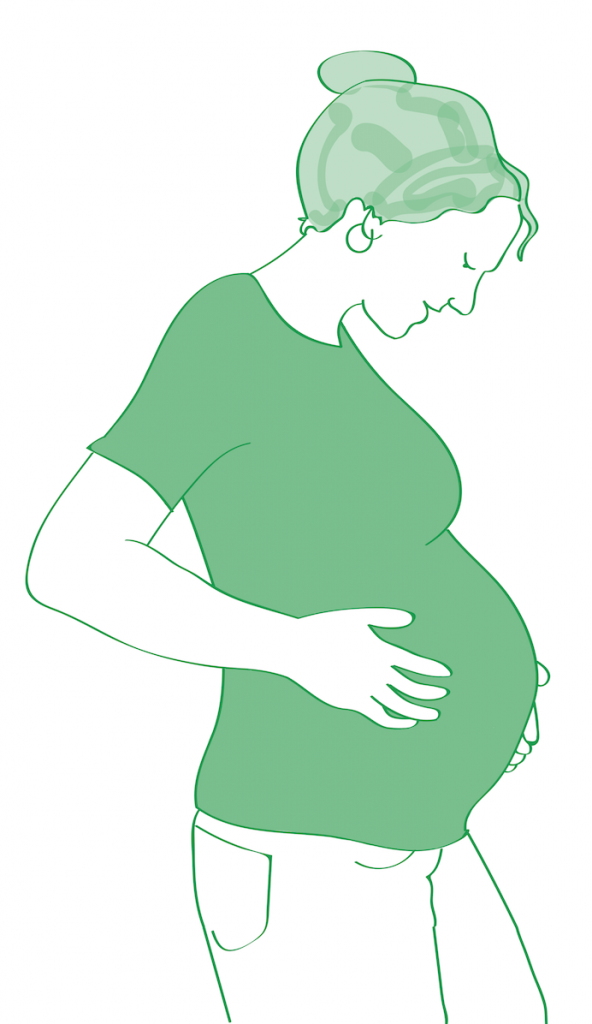 Lyme disease can affect pregnancy. If untreated, Lyme disease may lead to infection of the placenta or cause brain, nerve, spinal cord, or heart problems in the mother.
Lyme disease can affect pregnancy. If untreated, Lyme disease may lead to infection of the placenta or cause brain, nerve, spinal cord, or heart problems in the mother.
The CDC notes Lyme disease can be spread from mother to fetus.
Early treatment has been shown to prevent complications. If you are pregnant and suspect you have contracted Lyme disease, contact your health care provider.
The most recent CDC fact sheet says, “Fortunately, with appropriate antibiotic treatment, there is no increased risk of adverse birth outcomes.” However, be aware that the reference for this statement is a study done in 1997.
According to the CDC, “There are no published studies assessing developmental outcomes of children whose mothers acquired Lyme disease during pregnancy.”
Many people who contract Lyme disease do not remember a tick bite. Vermont is endemic for Lyme disease so if you have symptoms like fever, chills, exhaustion, joint or muscle pain, vision changes or heart palpitations call your provider, even if you don’t recall being bitten by a tick.
You may be treated for Lyme disease based on your symptoms. If a health care provider does a blood test, remember that blood tests are expected to be negative for several weeks after infection as the body develops a detectable immune response. Some antibiotics are not safe for use during pregnancy or while breastfeeding. Discuss treatment options with your provider.
Remember there are other tickborne illnesses in Vermont, including anaplasmosis, babesiosis, and ehrlichiosis, that require different testing and/or treatment than Lyme disease.
